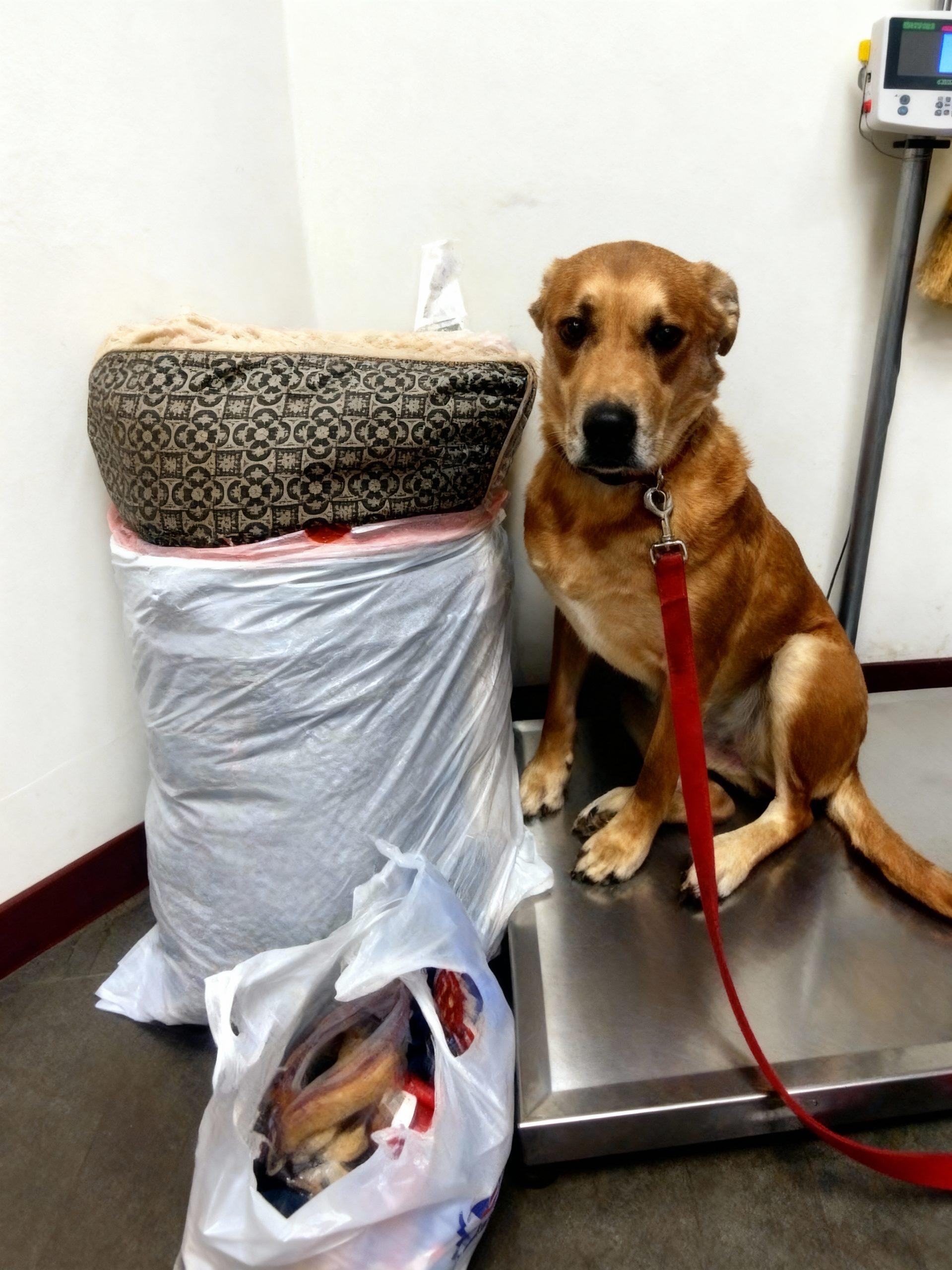The image of a dog, a loyal companion, sitting on a cold scale with a bag of belongings next to them, evokes a sense of quiet uncertainty. This poignant scene is a stark reminder of the complex and often heartbreaking reality of pet surrender – a moment when an owner, for various reasons, must make the difficult decision to relinquish their beloved animal. While the immediate focus is often on the individual pet and their uncertain future, understanding pet surrender requires a broader perspective. It’s a multifaceted issue driven by socio-economic factors, personal crises, and even the simple struggle to provide adequate care. Beyond the emotional toll on both pet and owner, pet surrender places immense pressure on animal shelters and rescue organizations, impacting their resources, staff, and ultimately, their capacity to save lives. This article will delve into the underlying causes of pet surrender, explore the profound effects on animals and the animal welfare system, and highlight proactive measures and support systems that can help prevent these difficult goodbyes and ensure every paw counts in a loving home.

Pet surrender is rarely a decision made lightly. Often, it’s the culmination of unforeseen circumstances that push responsible pet owners to their limits. Financial hardship is a leading cause; a sudden job loss, unexpected medical bills, or a rise in living expenses can make it impossible to afford pet food, veterinary care, or even pet-friendly housing. Housing instability is another significant factor, with many rental properties having breed restrictions, weight limits, or simply not allowing pets. Evictions or foreclosures can force families into situations where they can no longer keep their animals. Personal crises such as divorce, illness, or death in the family can also disrupt a household’s ability to care for a pet, leaving owners with few options. Even behavioral issues, which often stem from a lack of training or understanding, can become overwhelming for owners who lack the resources or knowledge to address them. Furthermore, a new baby or a change in family dynamics can sometimes lead to a feeling of being overwhelmed, especially if the pet was not adequately prepared for such a transition.
Once a pet is surrendered, their journey into the shelter system begins. For many animals, this is a deeply stressful and confusing experience. They are taken from the only home they’ve ever known, surrounded by unfamiliar sights, sounds, and smells. The noise of other animals, the constant movement of staff, and the confinement of a kennel can lead to anxiety, fear, and even depression. This stress can manifest in various ways, from refusal to eat to aggressive behavior, making it harder for the animal to be adopted. Furthermore, the shelter environment, despite the best efforts of staff, can expose animals to new illnesses, adding to their physical and emotional burden. The period of adjustment can be lengthy, and some animals may struggle to regain their former demeanor, impacting their chances of finding a new, loving family.







